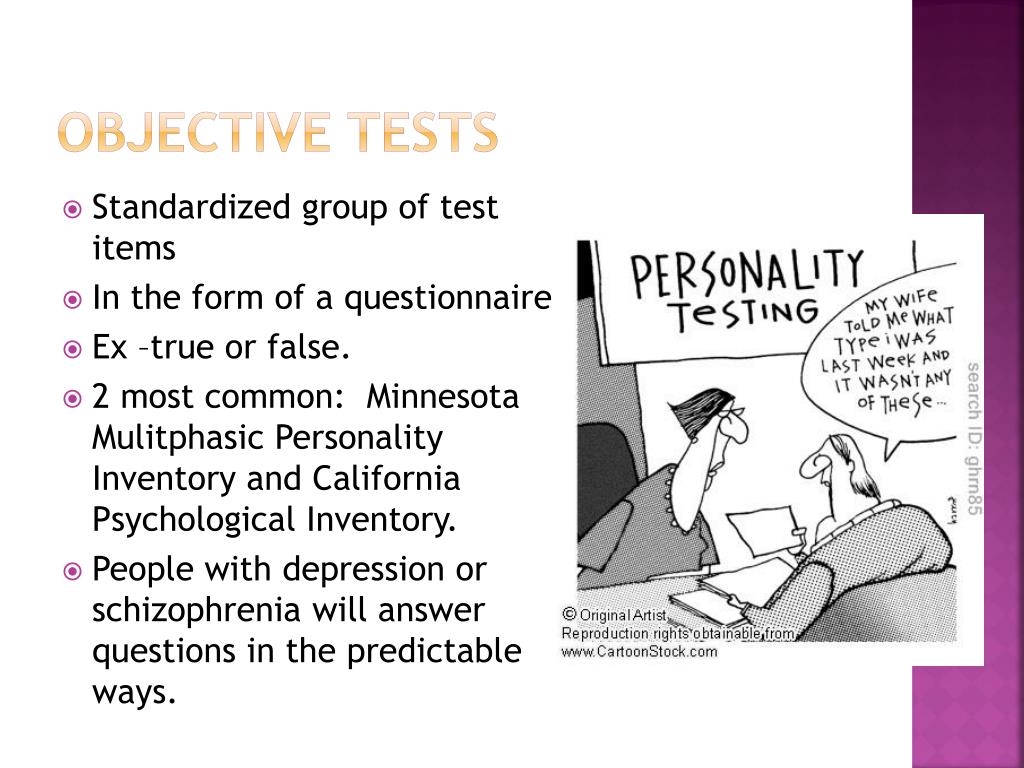

Journal of Research in Personality, 43, 25–38. Using the California Psychological Inventory to assess the Big Five personality domains: A hierarchical approach. Palo Alto: Consulting Psychologists Press. Manual: A guide to the development and use of the Myer-Briggs Type Indicator. Butcher (Ed.), Oxford handbook of personality assessment (pp. Folk concepts, natural language, and psychological constructs: The California Psychological Inventory and the five-factor model. An introduction to the five-factor model and its applications. Results support the scale as a valid measure of the introversion-extraversion construct of H. Journal of Personality Assessment, 80, 294–310. The reliability and validity of the revised California Psychological Inventory's (CPI) Vector 1 scale, a measure of introversion and extraversion, were studied with 345 college students (109 males and 236 females). Longitudinal hierarchical linear modeling analyses of California Psychological Inventory data from age 33 to 75: An examination of stability and change in adult personality. Groth-Marnat (Ed.), Handbook of psychological assessment (pp. Mountain View: Consulting Psychologists Press. Most (Eds.), Psychological testing: An inside view (pp. Comparing two strategies for developing personality scales. California Psychological Inventory and the five-factor model of personality. These findings are discussed in relation to the psychometric properties of the EPQR-A and the original version of the EPQR-S.Deniston, W. A principal component analysis revealed a solution with factor loadings that accurately reflected the primary measures of the EPQR-S. The findings revealed that the EPQ-BV has good internal consistency, test-retest reliability, and concurrent validity. Two hundred and sixty eight participants completed the original EPQR-S and the 24-item newly revised briefer version of the EPQR-S (EPQ-BV) twice. Because brevity and reliability are both extremely important, the author of the present study created a briefer version of the EPQR-S, more reliable than the EPQR-A, by making slight alterations in the item content as well as the response format of the EPQR-S. Philipchalk (1992) created the Eysenck Personality Questionnaire Revised-Abbreviated (EPQR-A), an even briefer version of the EPQR-S, the reliability coefficients of some of the measures have been less than satisfactory (S. Eysenck, 1992) is a 48-item personality questionnaire primarily designed to measure an individual's level of extraversion (vs. We found that the instruments with the most evidence of validity and reliability were the Big Five Personality (14 of 18 criteria), the California Psychological Inventory (13 of 18 criteria), the Resilience Scale for Adults (14 of 18 criteria), and the Sense of Coherence Scale (13 of 18 criteria) (40). The short scale of the Eysenck Personality Questionnaire-Revised (EPQR-S H.


 0 kommentar(er)
0 kommentar(er)
